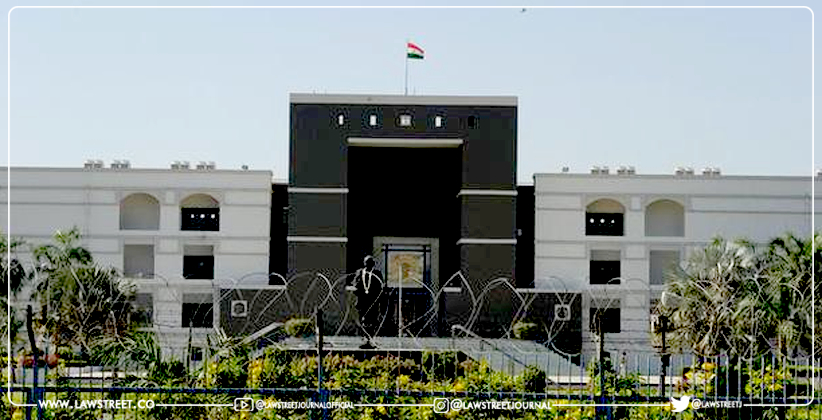The Gujarat High Court held that the removal of a person's name from a voter list is not an "extraordinary circumstance" that requires the High Court to use its extraordinary jurisdiction under Article 226 of the Constitution. It was decided that a person who has been wronged must seek statutory relief by filing an election petition under Rule 28.
BACKGROUND
It was claimed that the Appellant's name was deleted from the voter's list and, via a Letter Patents Appeal, the Appellant's objection to getting his name on the voter's list was also rejected.
PRECEDENTS
The Division Bench consisting of Justice Biren Vaishnav and Justice Sandeep Bhatt relied on Daheda Group Seva Sahakari Mandli Limited vs. R. D. Rohit, Authorised Officer and Cooperative Officer (Marketing) 2006 (1) GCD 211, where it was held that the inclusion or exclusion of names in the voter's list could not be termed as extraordinary circumstances warranting interference by the High Court under Article 226. Another precedent was Ahmedabad Cotton Mfg. Ltd. v. Union of India and Ors. (18 GLR 714) where it was held that even though the extraordinary jurisdiction of the High Court under Articles 226 and 227 of the Constitution is very broad, the Court should be slow in exercising this jurisdiction where there are alternative remedies available.
JUDGEMENT OF THE SINGLE JUDGE
In this backdrop, the single judge refused to interfere in the matter. It had, however, granted liberty to the petitioner to approach the competent authority by raising an election dispute as contemplated under Rule 28 of the Rules, if he is aggrieved by the result of the election.
OBSERVATION OF THE COURT
The Bench reaffirmed the observations made by the Single Judge
"Once the process of election has been set in motion, this Court under Article 226 of the Constitution of India would not interfere in the election process." Accordingly, this Court is not inclined to interfere with the impugned order passed by the respondent No.3 and relegate the writ applicant to availing a statutory remedy by filing an election petition under Rule 28.
The rejection of the writ-applicant's name from the voters' list results in the exclusion of the name of the writ-applicant from the voters' list. The writ-applicant can avail himself of the benefit of provisions of Rule 28 of the Rules by filing an election petition. The authority under Rule 28 has wide power to cancel, confirm, and amend the election and also to direct to hold fresh elections in case the election is set aside and the remedy under Rule 28 is an efficacious remedy.
CONCLUSION
The Division Bench herein refused to take a view differently and, accordingly, the appeals were rejected.






